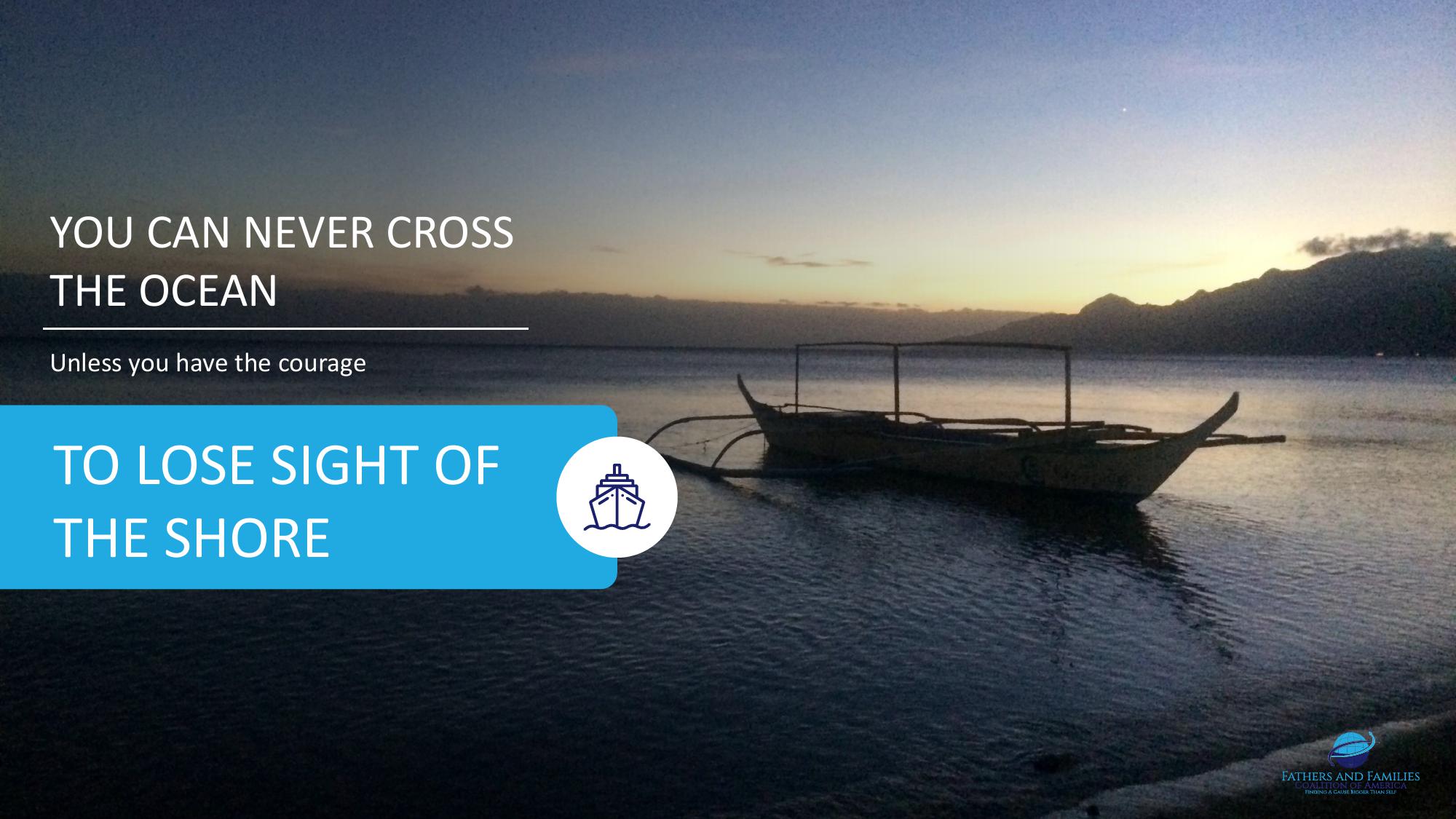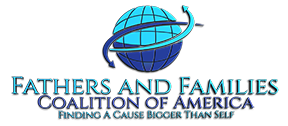Posts
Why Does FFCA Incorporate Multifaceted Theories in the Advanced Practitioner Credential Course?
Special Credential - Certificate - Curriculum Academies Information
Valuing All People: Building Bridges of Excellence
Health, Psychology, Social Work, Early Childhood, Head Start, Educators, Family Studies, Professional Development, Credentialing, Head Start Parent, Family, and Community Engagement (PFCE) Framework
Dr. James C. Rodríguez, MSW
President & Chief Executive Officer
Fathers and Families Coalition of America
**Meeting Weekly—Starting June 5th, Wednesdays from 9:00 AM to Noon PST**
**Available for remote attendance and playback options.**
To sign up, please visit our registration page at [Registration Link: https://fathersandfamiliescoalition.org/programs/advanced-practitioner-program.html]. Here, you'll find all the necessary information and steps to secure your spot in the course.

Theories in the Advanced Practitioner Credential Course?
The Fathers and Families Coalition of America's Advanced Practitioner Credential Course is a must-take for Head Start Family Service Professionals, Social Workers, Marriage and Family Therapists, Educators, and Fatherhood Practitioners. This 11-module program is meticulously designed to integrate skills with profound theories, fostering breakthroughs in understanding and supporting sustained healing. Our course's unique blend of Eastern and Western philosophies offers a transformative journey for practitioners and the individuals they serve. The course covers a wide range of topics, including cognitive neuroplasticity, emotional needs, behavior modification, and noological identity.
Our course is anchored on four foundational pillars, which serve as the guiding principles for our comprehensive approach to trauma recovery: cognitive neuroplasticity, emotional needs, behavior modification, and noological identity. These pillars are theoretical and the bedrock of creating new, empowering narratives for individuals. This course rescripts lives by blending healing concepts from diverse philosophies such as Ichigo Ichie, Ikigai, and Kintsugi, alongside contemporary approaches like Dr. Robert Young's Schema Therapy and Motivational Interviewing by Miller and Rollnick. FFCA will introduce a new blueprint for professional development, and the following are just a few examples from Motivational Interviewing and Cognitive Behavioral Theory with the Power of Ichigo Ichie, Ikigai, Kintsugi, and Logotherapy for Module No. 4.
Discover the Power of Ichigo Ichie, Ikigai, and Kintsugi
- Ichigo Ichie teaches the art of living at the moment, fostering mindfulness and presence that helps individuals break free from the shackles of past trauma and future anxieties. This practice cultivates emotional resilience and peace, essential for healing.
- Ikigai instills a sense of purpose and direction. By helping individuals identify what brings them joy and meaning, this concept ignites motivation and hope, which are crucial for personal fulfillment and overall well-being.
- Kintsugi encourages embracing imperfections and seeing beauty in scars. This philosophy is particularly powerful for trauma survivors, promoting self-compassion and viewing recovery as a transformative journey.
Integrating Western Theories for Comprehensive Healing
- Dr. Robert Young's Schema Therapy offers practical strategies for goal-setting, aiding individuals who feel stuck to move forward with clarity and purpose.
- Motivational Interviewing by Miller and Rollnick enhances our approach by providing techniques that boost self-worth, self-nurturance, and the ability to break generational patterns.
Transformative Outcomes for Practitioners and Clients

When professionals take this course, they often experience remarkable breakthroughs. The comprehensive approach equips practitioners with the understanding and application of these concepts, significantly improving their clients' lives. By incorporating these multifaceted theories, practitioners are better prepared to guide individuals toward sustained healing and a brighter future. This course is not just a theoretical exercise; it's a practical tool for positive change.
Integrating these diverse philosophies and theories creates a holistic framework that addresses the emotional, mental, and spiritual aspects of healing. This course is not just a training program; it's a journey toward empowerment, resilience, and transformation.
Joining the Advanced Practitioner Credential Course means more than just enhancing your professional skills. It means becoming an integral part of a movement dedicated to creating lasting, positive change. Your commitment to learning and growth is a commitment to making a real difference in the lives of those you serve. Don't miss this opportunity to contribute to a holistic approach to trauma recovery. Enroll today and be the catalyst for change in your community.
Embracing the Moment with Ichigo Ichie
Ichigo Ichie, the Japanese concept of "One Opportunity, One Encounter," empowers trauma survivors by encouraging mindfulness and presence. Trauma often traps individuals in the past or leaves them anxious about the future. However, by focusing on the present moment, survivors can find peace and reduce anxiety. Mindfulness exercises and techniques build emotional resilience, allowing individuals to appreciate each unique encounter. This present-focused mindset fosters a more peaceful mental state conducive to healing and recovery, instilling a sense of hope and control.
Finding Purpose with Ikigai
Ikigai, meaning "Reason for Being," provides trauma survivors with a sense of purpose and direction, igniting motivation and hope. Identifying one's Ikigai involves exploring what brings joy and meaning to life. By aligning activities with one's Ikigai, individuals achieve personal fulfillment, contributing to overall well-being and recovery. This journey of self-discovery and reconnection with passions and aspirations inspires survivors, giving them a renewed sense of motivation and inspiration.
Healing Through Kintsugi
Kintsugi, the art of golden joinery, teaches us to embrace imperfections and see beauty in scars. This metaphor is powerful for trauma survivors, encouraging them to accept their past experiences as part of their unique journey. Repairing broken pottery with gold symbolizes healing and growth, inspiring individuals to view their recovery as a transformative experience. Practicing self-compassion and treating oneself with kindness during the healing process is crucial. Hands-on Kintsugi workshops provide a tangible way to internalize these lessons.
Viktor Frankl's Man's Search for Meaning and Logotherapy
Viktor Frankl's seminal work, "Man's Search for Meaning," introduces Logotherapy, a therapy focused on finding meaning in life. Frankl's insights highlight the importance of meaning in trauma recovery. Survivors can find purpose even in suffering by exploring personal experiences and reflecting on their significance. Logotherapy techniques help individuals discover meaning, a powerful motivator for healing and growth. Reflective journaling and group discussions provide opportunities for deep introspection and shared understanding.
The Body Keeps The Score by Liam Daniels and Alice Moore
"The Body Keeps The Score" by Liam Daniels and Alice Moore delves into the profound impact of trauma on the body and mind connection. Understanding how trauma is stored in the body is crucial for holistic healing. Somatic exercises and body-based therapies help release stored trauma, fostering physical and emotional healing. Guided somatic exercises and body awareness activities empower survivors to reconnect with their bodies and promote healing from within.
Understanding Trauma Bonding by Dr. Annely Alexander
Trauma Bonding, as explored by Dr. Annely Alexander, sheds light on the psychological impact of toxic relationships. Understanding trauma bonding helps survivors identify and break free from harmful attachments. Therapeutic approaches and scenario-based exercises offer strategies for fostering healthy relationships and recovering from trauma bonds. Sharing personal stories and strategies in a supportive environment encourages survivors to build healthier connections and support systems.
Cultivating GRIT with Angela Duckworth
Angela Duckworth's research on GRIT emphasizes the power of passion and perseverance. Cultivating GRIT equips trauma survivors with the resilience and determination to overcome challenges. Assessing and developing personal GRIT through workshops and activities provides individuals the tools to pursue long-term goals. Sharing success stories and strategies for cultivating GRIT inspires survivors to embrace their inner strength and persevere through adversity, fostering a sense of strength and capability.
Integrating Philosophies for Holistic Healing
Combining the wisdom of Ichigo Ichie, Ikigai, Kintsugi, and Logotherapy, insights from The Body Keeps The Score, Trauma Bonding, and GRIT offers a holistic approach to trauma recovery. This integration addresses healing's emotional, mental, and spiritual aspects, providing a comprehensive framework. Creating personal healing plans incorporating these diverse philosophies ensures survivors have a multifaceted support system. Cultural enrichment sessions and community-building activities enhance the healing journey, fostering a sense of connection and shared growth.
Moving Forward: Practical Applications and Future Directions
Integrating these philosophies and theories into practice is transformative for trauma recovery professionals. Developing long-term action plans, setting goals, and participating in role-playing and scenario-based training enhance professional skills. By incorporating these insights, professionals can offer more holistic, culturally rich, and meaningful support to those they serve.
In conclusion, the journey of professional development to understand yourself better and help others is deeply personal and unique. If you're a trauma survivor, we encourage you to embrace the present with Ichigo Ichie, find purpose through Ikigai, heal with Kintsugi, seek meaning with Logotherapy, understand the body's role in trauma, address trauma bonds, and cultivate GRIT. Doing so allows you to embark on a path of holistic healing and personal growth. This comprehensive approach provides a rich and transformative framework, guiding you toward a brighter, more resilient future.
When professionals complete this course, they often experience remarkable breakthroughs. The comprehensive approach equips practitioners to understand and apply these concepts effectively, significantly improving their clients' lives. Integrating these diverse philosophies and theories creates a holistic framework that addresses the emotional, mental, and spiritual aspects of healing. This course is not just a training program; it's a journey toward empowerment, resilience, and transformation.
Joining the Advanced Practitioner Credential Course means becoming part of a movement dedicated to creating lasting, positive change. It's not just a commitment to learning and growth; it's a commitment to making a real difference in the lives of those you serve. Your role is crucial in this journey. Embrace the power of integrated healing philosophies and theories—enroll today and be the catalyst for change in your community.
I remain at your service... Me quedo a su servicio,
Dr. James C. Rodríguez, MSW
President & Chief Executive Officer
Fathers and Families Coalition of America
335 E. Albertoni Street, Suite 200-430,
Carson, California 90746
Clinical & Executive Office
8929 S. Sepulveda, Suite 207
Los Angeles, 90045
424-225-1323 (o)

